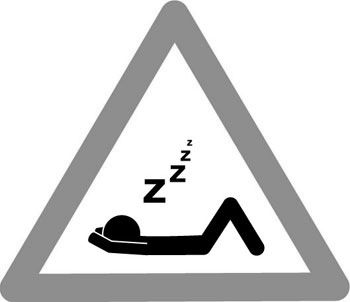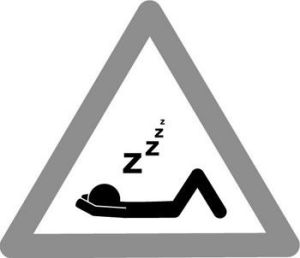
The Peril of The Pause
 The wind barreled down the concrete breezeway and slapped my bare cheek as I walked through the library doors. I held a tottering stack of books flush against my chest, their corners digging into my ribs through my sweater.
The wind barreled down the concrete breezeway and slapped my bare cheek as I walked through the library doors. I held a tottering stack of books flush against my chest, their corners digging into my ribs through my sweater.
Inside the library, I had felt calm, as I usually do. The dank, dusty smell and crowded embrace of so many crackling laminate spines always infuses me with comfort and possibility in equal measure. The library, for me, is a sacred space. A temple of learning. A humane gesture toward the infinite.
Standing in the aisle, I had scanned the strings of Dewey Decimal numbers for matches to my scrawled index card. I pulled my choices quickly. One of the children I nanny—the almost four year-old—raced around me in dizzying circles, karate chopping the air while I half-heartedly begged him to be quiet.
The day’s haul was topical. How to be a Freelance Writer, The Freelancer’s Bible, Everybody Writes: Your Go-To Guide to Creating Ridiculously Good Content, and the last, a petite red hardback entitled The Mindful Writer: Noble Truths of the Writing Life—chosen because even I’m not foolish enough to go stomping around new territory without an ally.
But by the time we crossed the street and reached the car, my ears were ringing. A familiar, invisible vise tightened its grip on my head. Unconsciously, I was holding my breath.
I slung the books into the trunk and slammed it. I tried to focus on the way the steering wheel felt like a cool curve of skin-covered bone beneath my palms. But I could still hear the books, flinging anxious thoughts like miniature Zeusian bolts at the back of my head as I shifted the car into gear and drove away.
“Who do you think you are that you can be a writer?”
“Are you kidding—you don’t have a head for this. You’re no good at networking or promoting yourself.”
“You’ll never make enough money to survive. You’ll have to give it up and get a real job in a couple of years anyway so why bother?”
“There’s too much to learn. It’s too late. You should have decided to pursue this ten years ago. There are so many working writers out there already…how will you compete with them?”
In psychological parlance, these are known as Self-Limiting Beliefs. I label them my Inner Critic, a term I picked up from Julia Cameron’s canonical book on creativity, The Artist’s Way. There are many names for this phenomena—Steven Pressfield’s Resistance, Jung’s Animus, Freud’s Superego, the Dragon, the Demon, the Tempter.
And there’s new evidence that the engine of imagination sometimes manifests as this overthinking and worrying. In other words, the very force of imagination used to create art can be inverted to destroy the artist, as I wrote about here.
But the Inner Critic has an evolutionary purpose. Human beings are dependent on their tribe for survival and magnetized for criticism as a result. I lifted and laminated my Inner Critic’s favorite phrases in childhood. I postered my mind with them in adolescence. They helped me navigate the world, fit in enough to survive. But, over time, the phrases lost their original contexts and became so subtle I barely registered them in my conscious mind at all. They were my toxic elevator music.
And as long as my Inner Critic remained unconscious, I remained her victim. But I have made a study of my own fear over the past couple of years. I am learning the Inner Critic’s patterns. So it took less time to both recognize her presence and realize its cause.
Why was my Inner Critic waiting outside the library? I had finished the second draft of my novel about a week prior. Though I was still working on other projects, I had lived seven straight days without writing a word of my manuscript for the first time in six months. (Since the last time I experienced, and promptly forgot, this same agonizing pause after my first draft was complete.)
Every hunter knows that you shoot when the animal is still.
And the most effective way to ward off the Inner Critic is to keep working, to show up every day to my desk. That’s why the Agile Writer method hinges on the advice to “Constantly Move Forward.”
But, the pause is integral to the process. The work has to breathe. And I have to give my unconscious mind space in which to devise solutions to the lingering problems of plot and structure. I have to leave my desk and feast on the world.
What I have learned is that it is important to stay vigilant during such a pause, to protect the space you have deliberately created. Otherwise, the Inner Critic may populate it. A colony of fear may grow where you had intended only perspective, comprehension, and fresh ideas.
The temptation with that much space, with an inkling of the scope of the work, is to pass judgement on it. But, my job is not to decide if what I write is valuable. My job is to do the work as well and honestly and rigorously and thoroughly as I can and let go of the desire to control how it is received.
That is my job in the midst of writing. And that is my job in the moments of pausing.